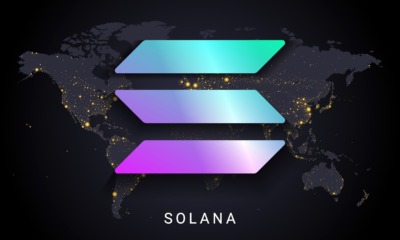Blogs
The decentralized architecture for a democratic internet

The Internet was conceived as a global democratic communication network – a mesh of computers in which information and power can be equally distributed. In 1969, the very first message was sent over the ARPANET, the pioneering computer network which later became known as the Internet. Fast-forward almost 50 years to the present day, the principal and the underlying foundations are under attack from multiple angles. Companies such as Google, Amazon, IBM, and Microsoft are centralizing control, while powerful lobbying groups are constantly working to fully undermine net-neutrality. It is a daunting fact that 74% of the cloud computing market is now controlled by these four giants. Furthermore, the reality now is that we are all facing a future where you are the customer and the product of a network controlled by only a handful of global corporations. But what if this relationship could somehow be reversed? To collectively own the network while also being the beneficiaries of the revenue that comes from its use.
An established business recently entered the cryptocurrency market, on a mission to shake up the global monopoly by building a decentralized democratic internet. DADI is a global, decentralized cloud services platform providing web services committed to upholding the founding principles of the internet by democratizing computational power. DADI is owned and run by everyone, sharing its revenue to help build a fairer Internet and shifting the balance of computational power away from large corporations. DADI is committed to providing fast, scalable, secure and inexpensive web services – offering to compute power, database storage, content delivery and other functionality to help businesses scale and grow. Whilst doing so, they represent a fundamental shift in cloud computing services by enabling peer-to-peer collaboration on a massive scale. The technology finds the closest and most appropriate hub of computational power and distributes tasks accordingly. Any device, from a smartphone to a super-computer cluster, can join the network and in doing so generate revenue from their unused capacity. On the opposite side of this transaction, network customers benefit from significant reductions in cost, enhanced security, rate flexibility and cutting-edge performance.
The platform has been in development for more than five years and is in production today, powering more than 200 established brands including What Car, Empire Online, Monocle, Mojo, Grazia, BT, Kerrang, Magic, Heat, Planet Rock, Absolute Radio, Kiss, The Debrief and Bauer Planet Radio. Essentially DADI is to the cloud what the cloud was to owned infrastructure and is proud to be tackling a $250 billion industry head-on. In addition to providing a fairer Internet for everyone, DADI provides a faster and cheaper alternative. The network facilitates enhanced levels of efficiency and performance, saving as much as 90% when compared with traditional cloud services. The network also prides itself on being environment-friendly – DADI concentrates on making full use of spare capacity from devices in homes and offices and is much better for the environment than traditional large server farms.
The organization recently reached another milestone by launching the DADI mainnet, which went live on June 28th to handle traffic for digital products via their native application CDN. Out of an impressive list of tools to be rolled out over the next few years, CDN is the first of their applications to be ‘network-ready’. DADI recently completed the deployment to the network for a major client and in doing so succeeded in moving over live traffic in controlled phases. Which achieved the dual benefit of speeding up their digital product and reducing cost. The DADI CDN is analogous to traditional content distribution networks, such as Limelight and Akamai. It has been specially designed to carry the processing and delivery load associated with image manipulation and asset delivery by acting autonomously as a layer on top of a core product. CDN paves the way for images to be edited easily using query strings and allows for full support for coaching, image manipulation, image compression, imagine format conversion and header control. An authenticated API allows for a fine-grained cache control in the form of content invalidation on an individual file or collective path basis.
The DADI network comprises of hundreds of edge nodes spanning across every continent and is well on their way to establishing a node in every major city across the globe. The content delivery network enables the caching of all content types at the edge, allowing a client to get as close to the customer as possible. By localizing the client closer to the customer it facilitates faster delivery, improves user experience, retention, conversation and enhances performance. DADI’s decentralized architecture reduces expenditure by removing numerous costs associated with traditional cloud environments. Following the successful launch of the mainnet, the DADI community has been presented with the opportunity to be a part of the network by joining the Founding Node Programme. The programme was designed to pay homage to the earliest and strongest supporters to become a member of an elite group and create history by laying the foundations for a new and fairer internet for all. The first dedicated DADI node is a limited edition host in a custom case built around a Raspberry Pi, designed and fabricated with partners at Blond. This particular node was the result of more than four months worth of prototyping and development, culminating in a unique glass and silicone structure with an exposed circuit board that would be suitable in homes and offices alike.
Disclaimer: This article should not be taken as, and is not intended to provide, investment advice. Global Coin Report and/or its affiliates, employees, writers, and subcontractors are cryptocurrency investors and from time to time may or may not have holdings in some of the coins or tokens they cover. Please conduct your own thorough research before investing in any cryptocurrency and read our full disclaimer.
Altcoins
XNO Token of Xeno NFT Hub listed on Bithumb Korea Exchange
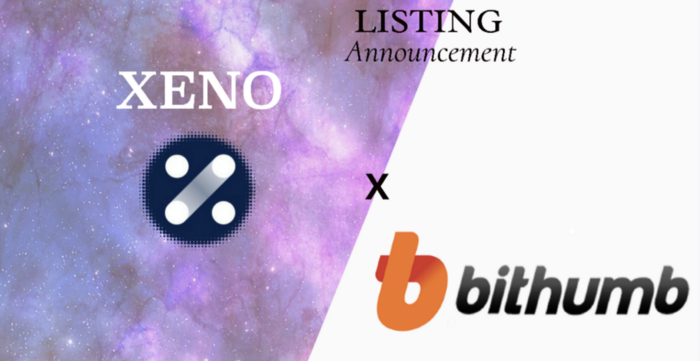
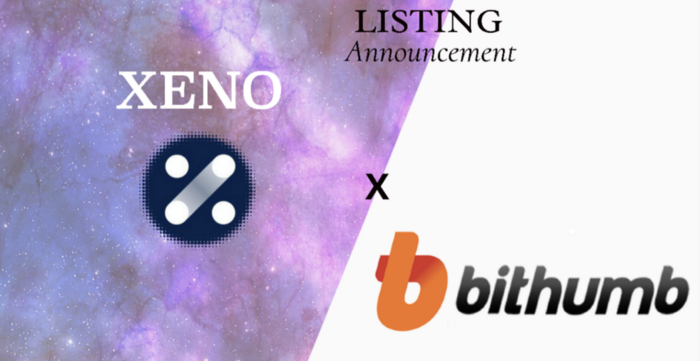
Hong Kong, Hong Kong, 25th January, 2021, // ChainWire //
Xeno Holdings Limited (xno.live ), a blockchain solutions company based in Hong Kong, has announced the listing of its ecosystem utility token XNO on the ‘Bithumb Korea’ cryptocurrency exchange on January 21st 2021.
Xeno NFT Hub (market.xno.live ), developed by Xeno Holdings, enables easy minting of digital items into NFTs while also providing a marketplace where anyone can securely trade NFTs.
The Xeno NFT Hub project team includes former members of the technology project Yosemite X based in San Francisco and professionals such as Gabby Dizon who is a games industry expert and NFT space influencer based in Southeast Asia.
NFT(Non-Fungible Token) technology has recently gained huge focus in the blockchain arena and beyond, making waves in the online gaming sector, the art world, and the digital copyrights industry in recent years. The strongest feature of NFTs is that “NFTs are unique digital assets that cannot be replaced or forged”. Unlike fungible tokens such as Bitcoin or Ether, NFTs are not interchangeable for other tokens of the same type but instead each NFT has a unique value and specific information that cannot be replaced. This fact makes NFTs the perfect solution to record and prove ownership of digital and real-world items like works of art, game items, limited-edition collectibles, and more. One of the ways to have a successful…
Altcoins
Should Crypto Projects Devote Resources to Community Growth and Marketing?

2020 has been an incredible year for crypto as investors have generated windfall profits and crypto projects have seen their businesses gain the spotlight they’ve been looking for. While Bitcoin has received most of the attention after major institutional investors announced they were accumulating the increasingly scarce asset, many altcoins have also seen their fair share of glory. When looking at all the big winners of the past year, the first project that probably comes to mind is Chainlink, having appreciated by more than 550% YTD and now valued at over $4.5 billion. But, the actual biggest winner of the year is HEX with a YTD return of over 5,000%.
I mention both of the above projects as they have each taken slightly different paths to achieve greatness. Chainlink has devoted resources toward building a fundamentally sound business with many strategic partnerships while HEX has spent vast sums of money on marketing and promotion. Both approaches are valid, but one thing is certain, it is absolutely imperative for crypto projects to let the crypto community know what makes them special. Of course, one of the reasons that makes crypto so valuable is the powerful blockchain technology that most projects are utilizing.
Cryptocurrency vs. Blockchain Technology
It’s important to make a distinction between blockchain technology and cryptocurrency. Although they are often used interchangeably, they are different. Blockchain technology and crypto were both created after the 2008 financial crisis, but cryptocurrency…
Altcoins
XENO starts VIP NFT trading service and collaborates with contemporary artist Hiro Yamagata
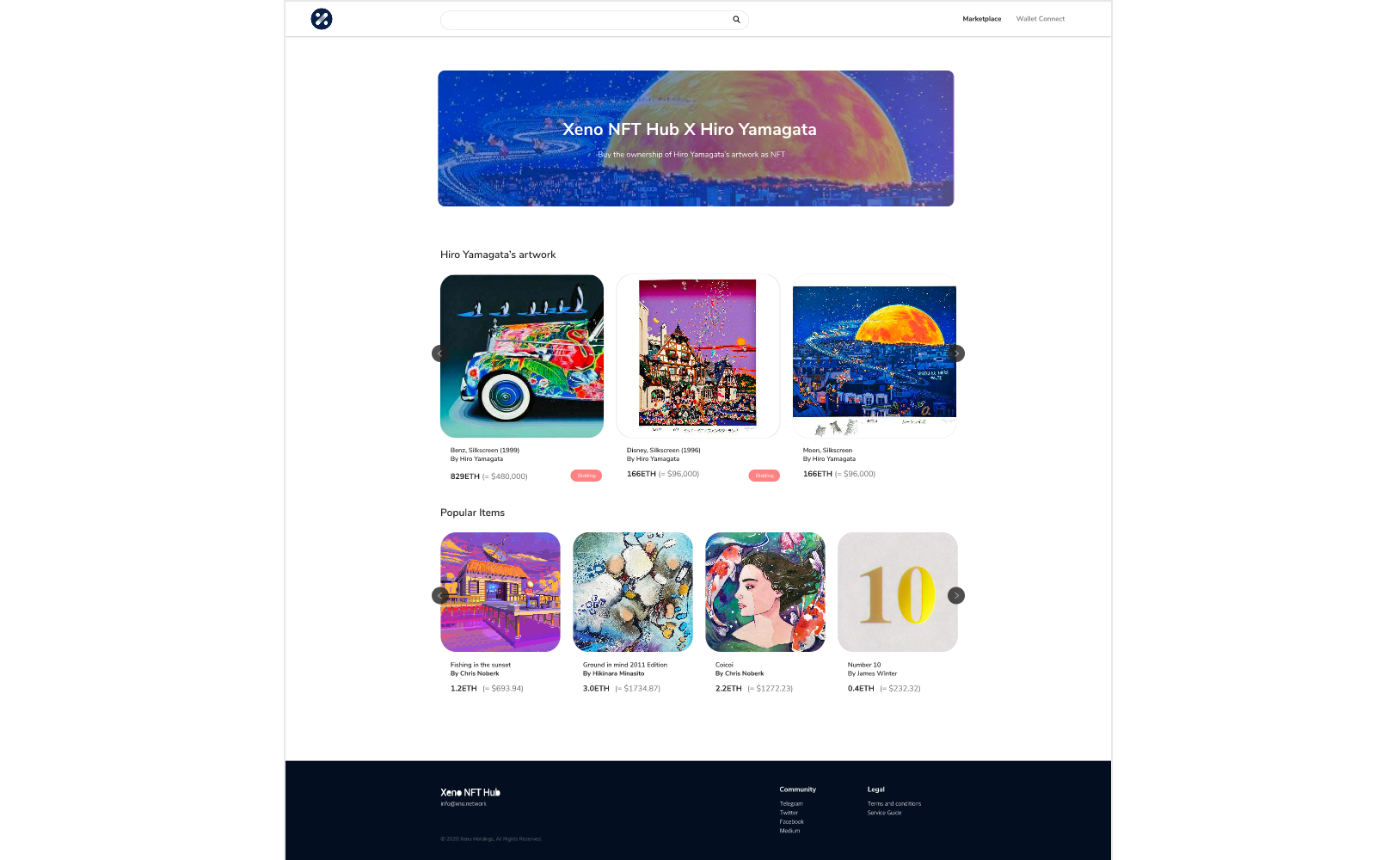
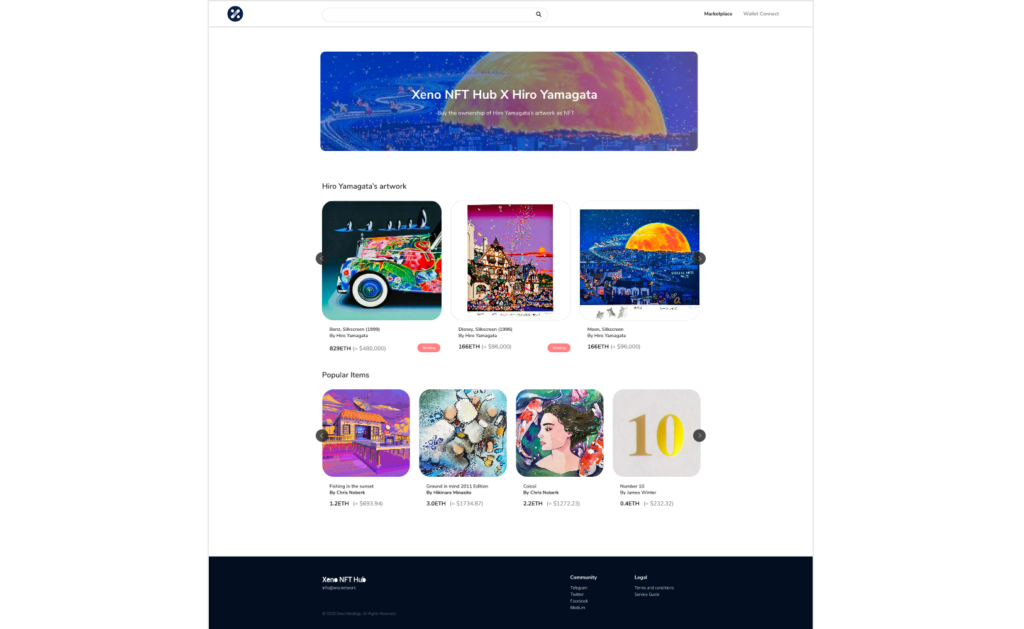
Hong Kong, Hong Kong, 24th December, 2020, // ChainWire //
The XENO NFT Hub (https://xno.live) will provide a crypto-powered digital items and collectables trading platform allowing users to create, buy, and sell NFTs. Additionally it will support auction based listings, governance and voting mechanisms, trade history tracking, user rating and other advanced features.
As a first step towards its fully comprehensive service, XENO NFT Hub launched a recent VIP service to select users and early adopters in December 2020 with plans for a full Public Beta to open in June 2021.
“NFTs are extremely flexible in their usage, from digital event tickets to artwork, and while NFTs have a very wide spectrum of uses and categories XENO will initially focus its partnership efforts and its own item curation on three primary areas: gaming, sports & entertainment, and collectibles.”, said XENO NFT Hub president Anthony Di Franco.
He also added “This does not mean we will prohibit other types of NFTs from our ecosystem However, it simply means that XENO’s efforts as a company will be targeted into these verticals initially as a cohesive business approach.”
Development and Procurement Lead, Gabby Dizon explained, “Despite our initial focus, we found ourselves with a unique opportunity to host some of the works of Mr. Hiro Yamagata. We are collaborating with Japanese artist Hiro Yamagata to enshrine some of his artwork into NFTs.”
Mr. Yamagata has…
-

 Blogs6 years ago
Blogs6 years agoBitcoin Cash (BCH) and Ripple (XRP) Headed to Expansion with Revolut
-

 Blogs6 years ago
Blogs6 years agoAnother Bank Joins Ripple! The first ever bank in Oman to be a part of RippleNet
-

 Blogs6 years ago
Blogs6 years agoStandard Chartered Plans on Extending the Use of Ripple (XRP) Network
-

 Blogs6 years ago
Blogs6 years agoElectroneum (ETN) New Mining App Set For Mass Adoption
-

 Blogs6 years ago
Blogs6 years agoCryptocurrency is paving new avenues for content creators to explore
-

 Don't Miss6 years ago
Don't Miss6 years agoRipple’s five new partnerships are mouthwatering
-
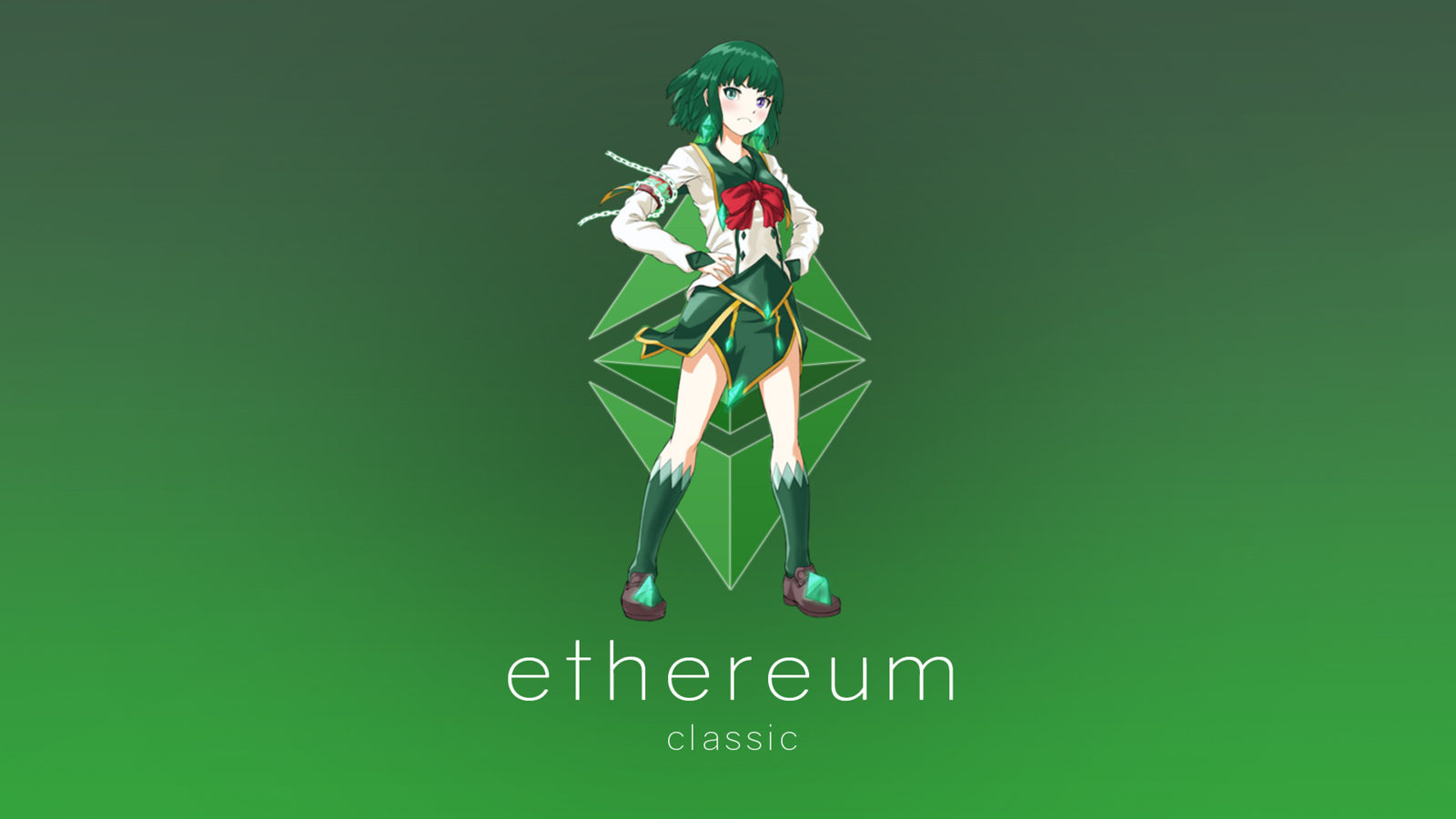
 Blogs6 years ago
Blogs6 years agoEthereum Classic (ETC) Is Aiming To Align With Ethereum (ETH)
-

 Blogs6 years ago
Blogs6 years agoIs Litecoin (LTC) Changing Its Game Plan By Going For Mass Adoption?



